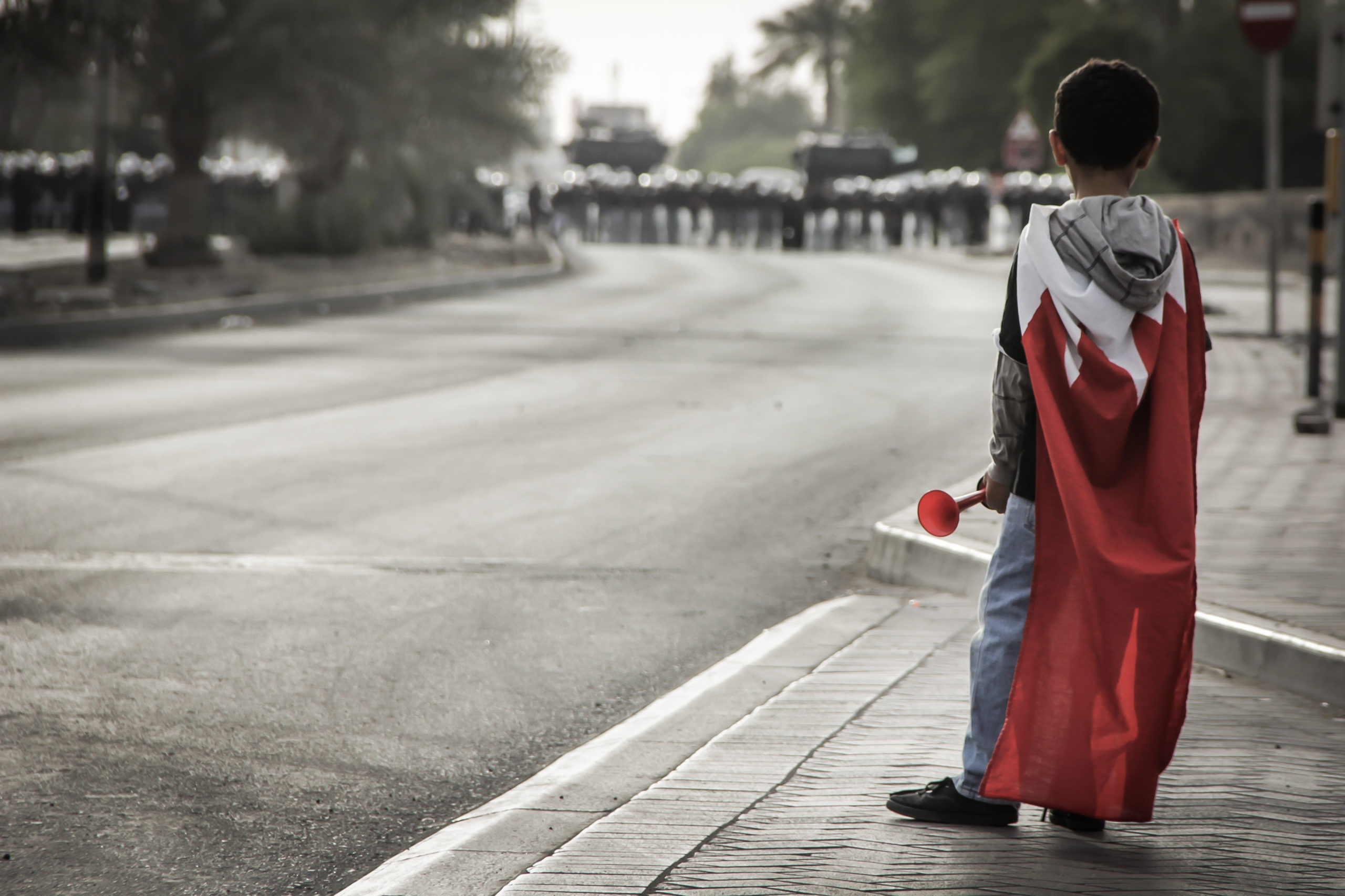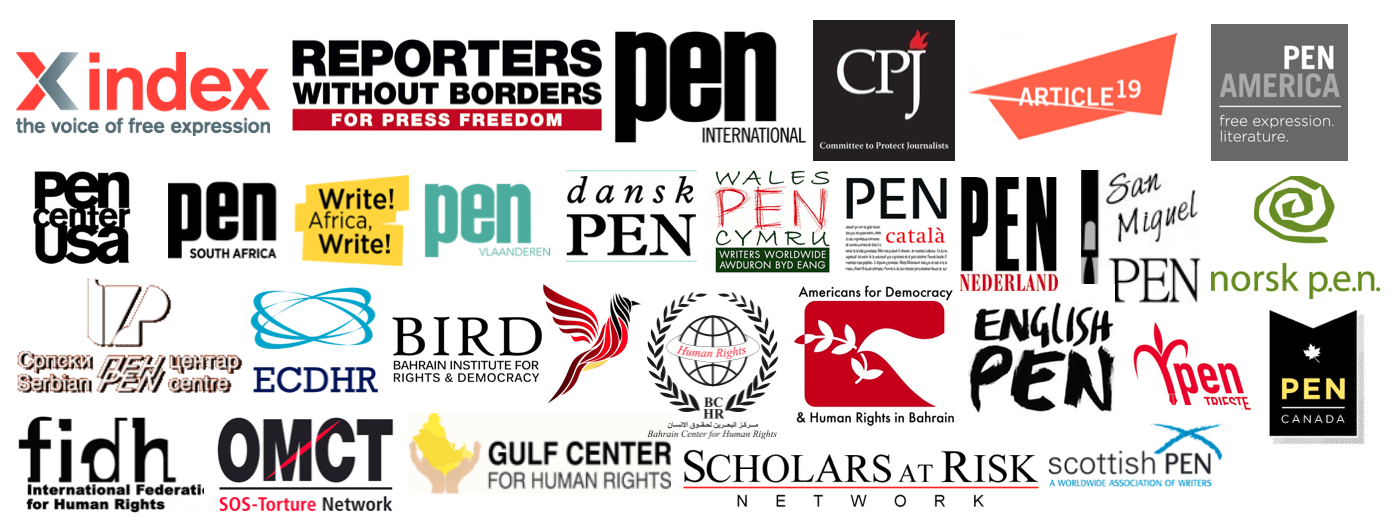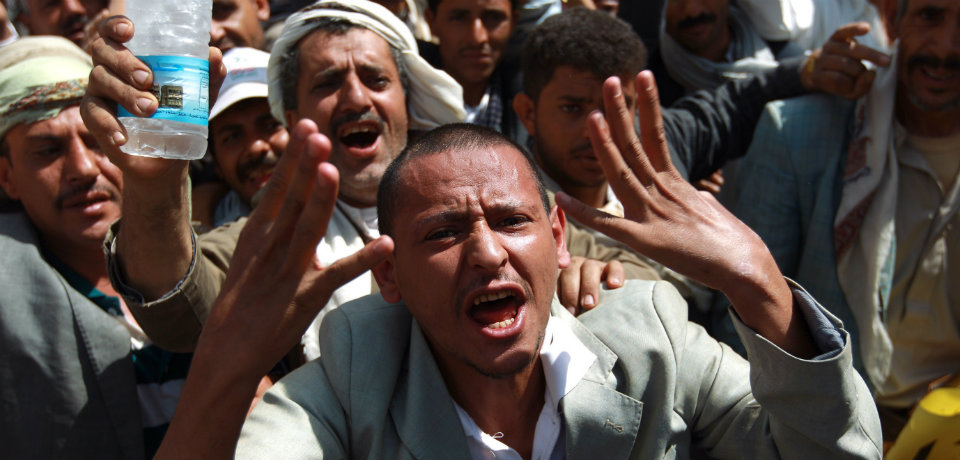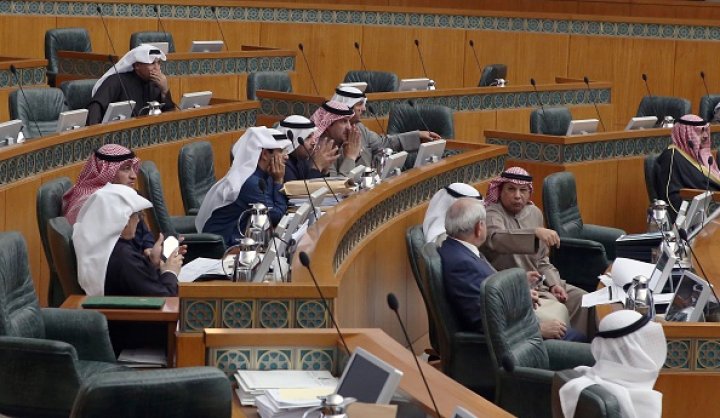Reportedly trafficking foreign and impoverished children for the purpose of camel racing is a common practice in the United Arab Emirates, where at least 50% of the children trafficked are from West Bengal in India. According to a new report, young boys are preferred to be camel jockeys because they are considered light and speedy[…]
Opposition group al-Wefaq expressed “deep disappointment” on the content of Bahrain’s National Institution for Human Rights’ annual report. In a statement, al-Wefaq alleged that the report’s content is “far from reality” and “has disregarded many of the blatant violations taking place” in Bahrain. The opposition group asserted that “impunity is the most significant issue missing[…]
Marking 300 days of his hunger strike, forty-four international NGOs call for the immediate release of Bahrain prisoner of conscience Dr Abduljalil al-Singace. Dr al-Singace has foregone food, and subsisted on water and IV fluid injections for sustenance since 21 March 2015. He began his hunger strike in protest to the worsening conditions in Jau[…]
The recent dramatic slide in crude oil prices has led to economic strain throughout the Arabian Peninsula, particularly in Bahrain. The near-70% fall in oil price since mid-2014 has “shattered” government revenues. While Saudi Arabia has funded its deficit by drawing on its central bank deposits, and Kuwait, Qatar, and the UAE have sufficient assets[…]
This week, Kuwait’s parliament passed two new laws increasing the government’s power to censor internet media and restrict free expression. On Monday, lawmakers decided that a jail term of up to ten years would become the official punishment for a range of online expression. Then on Tuesday, the parliament passed an additional bill regulating all[…]








